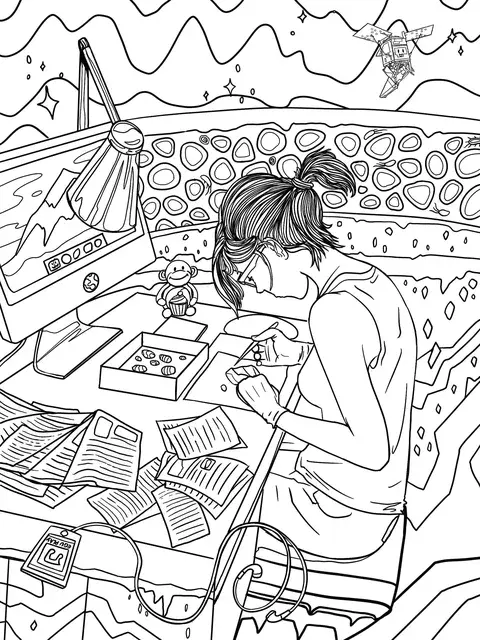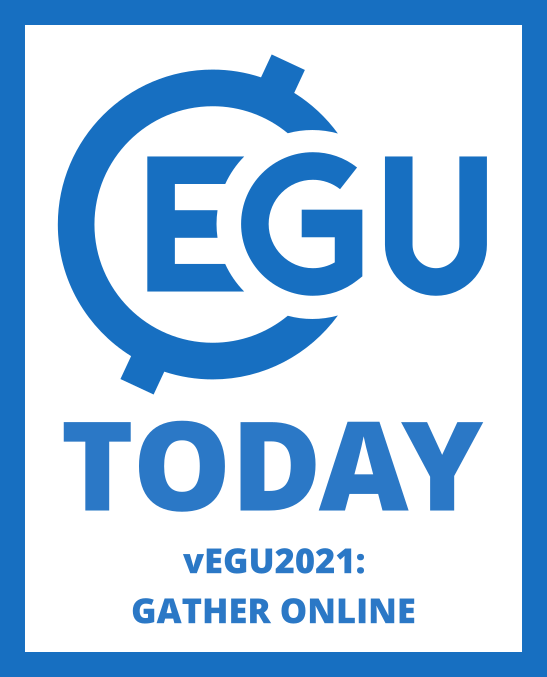
Highlights at a glance
- 09:00 – GDB4: Slow science vs. fast science
- 09:00 – SC3.1 The scientific poster needs attention! Approaching the design process as a scientist
- 10:00 – SC1.2 How to get involved in EGU?
- 12:30 – NET14: GD – ECS event
- 12:30 – NET20: SSP & OS – ECS event
- 14:30 – SC2.3 European Research Council Funding Opportunities
- 15:00 – US3: A climate and ecological emergency: can a pandemic help save us…?
- 16:00 – SC1.4 Mind your head: your mental well-being in an academic career
- 17:00 – NET39: SSP – all division members (corrected time)
- 18:00 – NET40: SSSS – all division members
- 19:00 – NET22: TS – ECS event
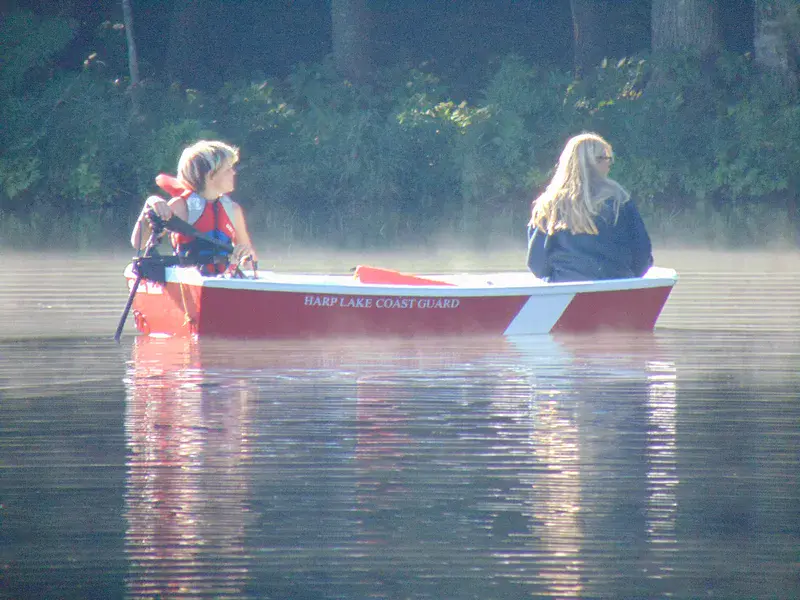
The Great Publishing Debate: slow science vs. fast science
“Publish or perish” is the motto for Fast Science. Researchers are challenged to publish at a high frequency, gain international experience, receive outstanding teaching evaluations, and acquire multiple scholarships and grants, all while trying to maintain a work-life balance. In the Fast Science system, quantity is a higher priority than quality. Can we usher in Slow Science, where curious scientific research is supported and performance targets are re-imagined? In this session, we will have a Great Debate during which small groups of attendees will discuss Fast vs. Slow science, including weighing the merits of each, how we might transition to slower science, how to publish broader scientific stories, and how realistic a change might be.
GDB4: 9:00 –10:30
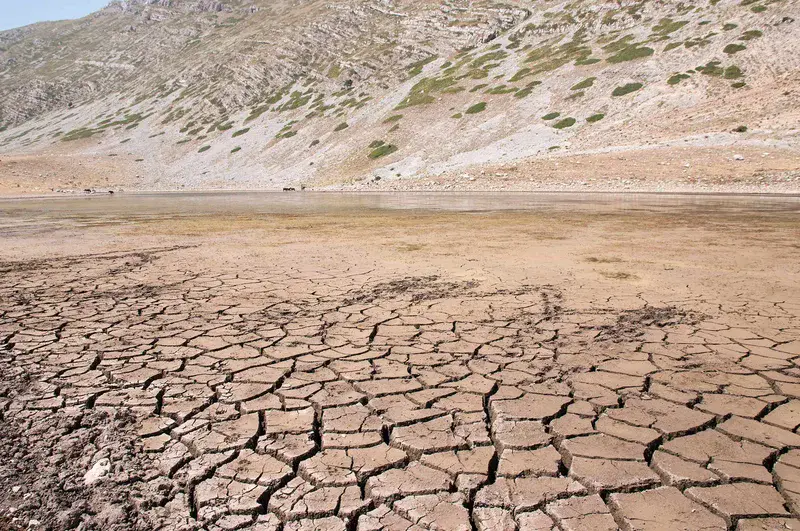
A climate and ecological emergency: can a pandemic help save us…?
In 2020, governments, businesses, and individuals took many rapid and dramatic actions in response to the coronavirus pandemic. Around the globe, drastic lifestyle changes were imposed, curtailing freedoms and stripping life down to the essentials. Overall, these changes were accepted as a way to protect us now and in the future. In contrast, the Climate Emergency is a looming, deadly challenge, yet actions, urgency, and public buy-in is largely absent. In this Union session, we look at the Climate and Ecological Emergency through the lens of COVID-19—what lessons can we learn? We include a broad range of thinkers and influencers, to provide their perspectives to address our generation’s greatest challenge. Geoscientists watch over the health of our planet—we see the changes, we understand the impacts. Our community has a vital role to play.
US3: 15:00 –17:00
Award Lectures:
Earth and Space Science Informatics
- 10:30 – MAL8 Ian McHarg Medal Lecture 2020: Paul Wessel
- 11:30 – MAL8 ESSI Division Outstanding ECS Award Lecture 2021: Alice Fremand
MAL8: 10:30 –12:15
Arthur Holmes Medal Lectures
- 11:30 – MAL1a Arthur Holmes Medal Lecture 2020: Donald B. Dingwell
- 13:30 – MAL1a Arthur Holmes Medal Lecture 2021: Laurent Jolivet
MAL1a: 11:30 –14:30
Climate: Past, Present & Future
- 10:35 – MAL4a Milutin Milankovic Medal Lecture 2020: Valérie Masson-Delmotte
- 11:25 – MAL4a Milutin Milankovic Medal Lecture 2021: Ayako Abe-Ouchi
- 12:15 – MAL4a Arne Richter Award for Outstanding ECS Lecture 2020: Francois Massonnet
MAL4a: 10:30 –12:30
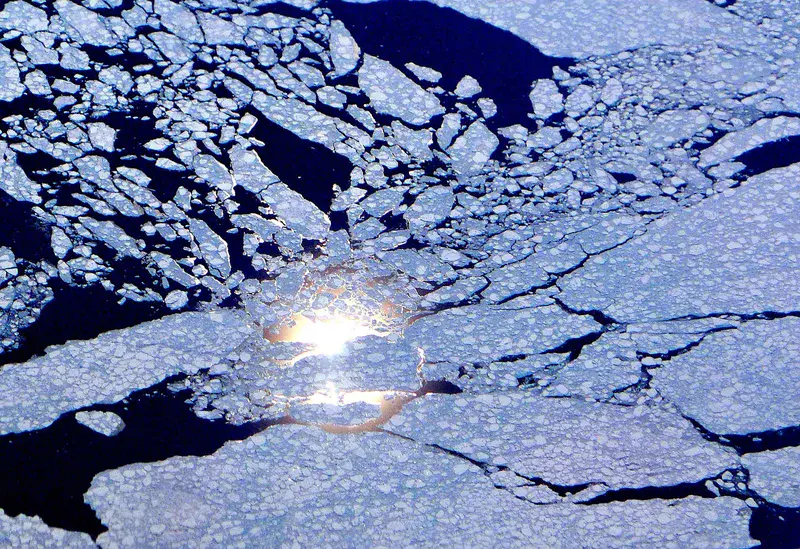
Mind your head: your mental well-being in an academic career
Recent publications show that many people working in academia experience mental health issues. Factors like job insecurity, limited amount of time, and poor management often cause high stress levels and can lead to mental health problems, such as depression, anxiety, or emotional exhaustion. In this Short Course we aim to continue the dialogue and reduce the stigma surrounding mental illness by inviting panelists to share their experiences, how they dealt with it, and what support they received. Next, we aim to actively engage the audience to discuss how to take control of their mental wellbeing and prioritise it in the current academic environment.
SC1.4: 16:00 –17:00
Award Lectures:
Climate: Past, Present & Future
- 15:05 – MAL4b Hans Oeschger Medal Lecture 2020: Kim M. Cobb
- 15:55 – MAL4b Hans Oeschger Medal Lecture 2021: Sonia Seneviratne
- 16:45 – MAL4b CL Division Outstanding ECS Award Lecture 2021: Franziska Lechleitner
MAL4b: 15:00 –17:00
Hydrological Sciences
- 15:00 – MAL14a Henry Darcy Medal Lecture 2020: Xavier Sanchez-Vila
- 15:45 – MAL14a Henry Darcy Medal Lecture 2021: Berit Arheimer
- 16:30 – MAL14a Arne Richter Award for Outstanding ECS Lecture 2020: Andreas Hartmann
MAL14a: 15:00 –17:00
Stratigraphy, Sedimentology and Palaeontology
- 15:00 – MAL20 Jean Baptiste Lamarck Medal Lecture 2020: Michael Benton
- 15:45 – MAL20 SSP Division Outstanding ECS Award Lecture 2020: Anna Joy Drury
- 16:00 – MAL20 Jean Baptiste Lamarck Medal Lecture 2021: André Strasser
- 16:45 – MAL20 SSP Division Outstanding ECS Award Lecture 2021: Niels de Winter
MAL20: 15:00 –17:00
Award Lectures: Journalism and engagement awards
- 17:00 – MAL0 Angela Croome Award Lecture 2021: Roland Pease
- 18:00 – MAL0 Katja and Maurice Krafft Award Lecture 2021: Annie Ockelford
MAL0: 17:00 –18:45
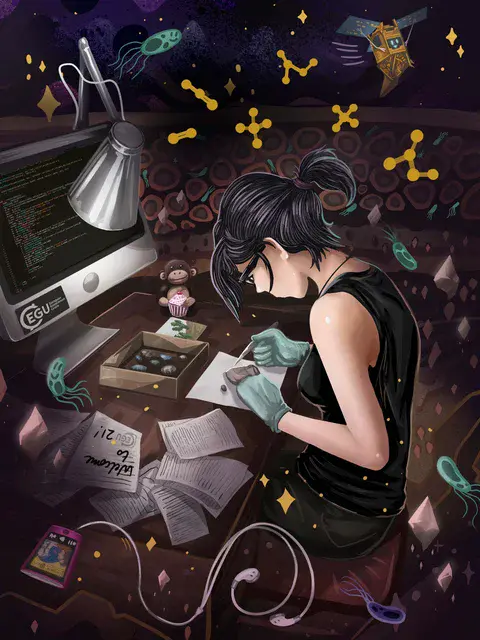
#EGUart: the EGU colouring book!
For vEGU21, EGU’s EDI Working Group has teamed up with artist Kelly Stanford to create a stock of geoscientist line-drawn portraits that can be coloured in. The motivation is to create a series of portraits of EGU members working in various contexts and environments. The societal perception of a geoscientist may be rather narrow and follow certain stereotypes that may not reflect the membership of the EGU community presently or our vision for the EGU of tomorrow. This initiative therefore aims to shine a spotlight on the diversity of the people that work within geosciences, and the passion they have for their work. You can download them here or from the EGU Booth and share the results using #EGUart!
About
EGU Today, the Union’s daily newsletter during the EGU General Assembly, helps keep you informed about what’s happening by highlighting sessions and events of broad interest from the programme. The newsletter, including previous issues, is available at https://www.egu.eu/egutoday/.
Unsubscribe via support@copernicus.org.
The Assembly Online
LinkedIn
Instagram
YouTube
Facebook
Mastodon
Bluesky
blogs.egu.eu, geolog.egu.eu
www.egu.eu
